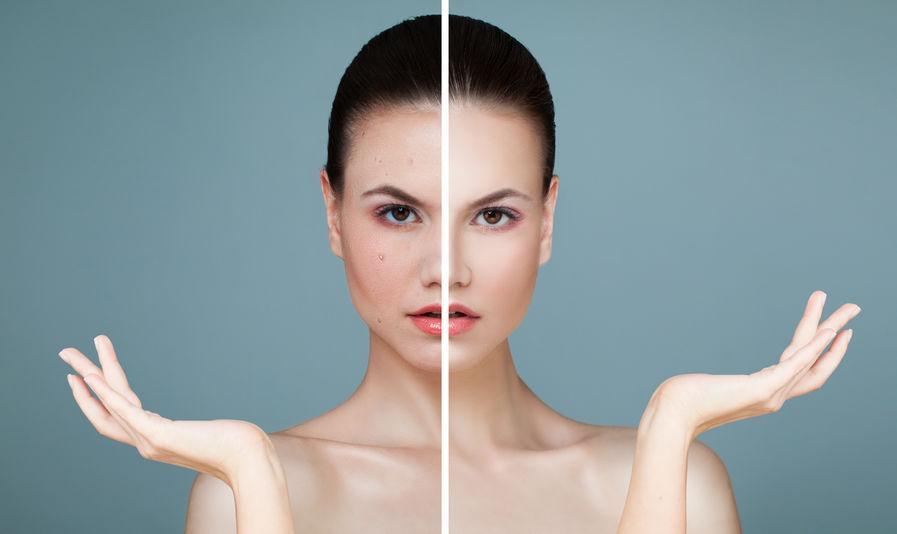More Than A Blush
Rosacea is an incurable condition, affecting over 14 million people. The condition causes sudden redness in various parts of the face. The red patches look like tiny veins or vessels on the face. Rosacea appears and disappears suddenly when the condition first starts. Over time, signs become more prominent, stay longer, and bring irritation.
The consequences of rosacea
If left untreated, rosacea damages the face, causing bumps on the nose and cheeks. Bloodshot, itchy eyes happen in rare cases. Rosacea can even move to the neck and chest. People can experience a social impact too. Flare-ups cause low confidence. To date, the cause of rosacea is unknown to doctors and researchers. Are there ways to minimize bouts of the condition?
Skip the sunlight
Heading to the beach? Time to stock up on some sunscreen. The scorching heat is a trigger for rosacea episodes. Get a sunscreen with a high SPF, containing a skin-friendly compound like zinc oxide. Hats and sunglasses help beat the heat too.
Care for your skin
Some skincare products dry out the skin. Some even cause unnecessary rosacea flare-ups. Take a look at the skincare products used daily. Read the labels carefully of any facial product. Ask a dermatologist which chemicals to avoid to prevent future triggers.
Stop the stress
Rosacea sufferers may realize flare-ups occur in high stress or emotional environments. Stress causes the skin to flush and react negatively. For example, stress affects eczema and contributes to acne. Rosacea is no different. People feeling particularly overwhelmed should take a few minutes to relax. If the environment is unavoidable, use a dermatologist prescribed medication or treatment before a stressful event.
Scaling back the brews
Studies by the National Rosacea Society confirm that alcohol, specifically red wine, causes rosacea flare-ups. The degree of reactions varies from person to person. Most agree, the less alcohol, the better. Doctors will recommend that patients be aware of personal limit before drinking alcohol. Diluting alcohol with seltzer or increasing water intake while drinking can minimize rosacea.
The harsh consequences of heat and spice
Hot and spicy foods and drinks can create unwanted bouts of rosacea. Did the hot sauce bring on flushed cheeks? Or was that cup of joe a bit too hot? Avoiding the hot sauce and sticking to antiinflammatory meals works.
A consistent approach to medicine
For patients diagnosed with rosacea, dermatologists may prescribe topical treatments or antibiotics. Keep up the recommended dosage at the right times. Consistency reduces flare-ups and prevents rosacea from worsening.
Know the triggers
Triggers vary from person to person. Be aware of the causes of rosacea. Keep a record of the places, behaviors, and foods causing rosacea episodes. With the data, rosacea sufferers can make better decisions to avoid or remove the triggers. To learn more about treatment options, speak with a dermatologist.


